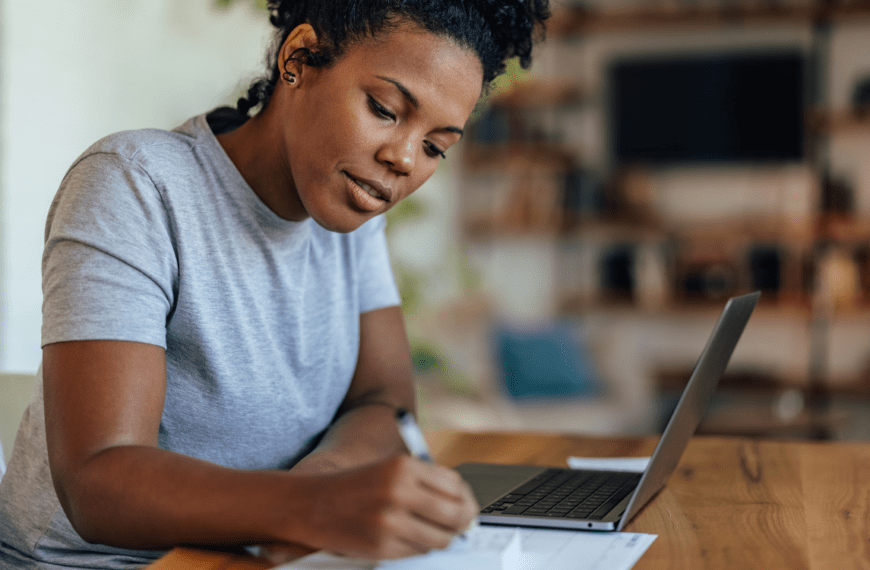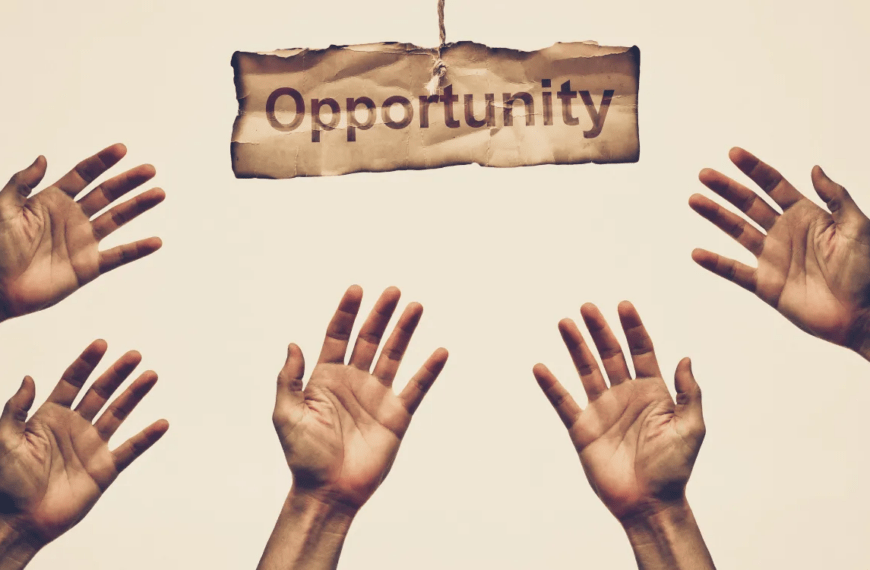1. I mostly learn by reading, but I don’t feel like I’m retaining much information. What can I do to improve?
see all the answers below
2. I’m a kinesthetic learner, but my courses are mostly lectures and readings. How can I make them more engaging?
3. I find it challenging to stay motivated with my learning goals. How can I make learning more meaningful?
4. Is there a specific learning style test I should take to identify my preferences?
5. How can I overcome challenges and plateaus in my learning journey?
If you want to maximise the impact of your learning journey, it’s important to craft a personalised learning strategy that resonates with your individual preferences and the nature of the material you’re learning. In my previous blog post, “Starting and Growing: The Power of Lifelong Learning,” we explored the transformative potential of continuous learning. We discussed the ever-evolving nature of the world, demanding our ability to learn new things, shed outdated beliefs, and re-embrace information with fresh perspectives. I argued that this agility is the cornerstone of personal and professional growth.
But how do we learn most effectively? While the “learning pyramid” might have offered a simplified answer in the past, its rigid percentages and one-size-fits-all approach no longer resonate with modern learning science. Today, we delve deeper, dissecting the relative strengths of various learning methods and empowering you to craft a personalised learning strategy for maximised impact.

From Passive Consumption to Active Engagement: Rethinking the Impact Spectrum
While assigning exact percentages to learning methods can be misleading, understanding their relative effectiveness is invaluable. Here’s a revised lens through which we can view the impact of different approaches:
- Hearing/Reading (20-30%): This encompasses lectures, books, articles, and other forms of passive consumption. While it provides a foundational understanding, its impact is limited by engagement, prior knowledge, and individual learning styles. Actively summarising what you read or discussing it with others can significantly boost its effectiveness.
- Saying/Telling (Up to 50%): When you explain concepts to others, you engage in a deeper level of processing. This method forces you to identify knowledge gaps, clarify your understanding, and adapt your explanation to your audience. The potential for learning gain is substantial, reaching up to 50%, making it a powerful tool for personal learning and knowledge sharing.
- Doing/Applying (70-90%): The gold standard of learning effectiveness. Applying knowledge in real-world scenarios solidifies your understanding, develops critical thinking skills, and tackles problems creatively. This hands-on approach, encompassing activities like experiments, projects, and real-world applications, has the potential to unlock the highest levels of learning and skill development.
I mostly learn by reading, but I don’t feel like I’m retaining much information. What can I do to improve?
Passive reading may not lead to optimal learning. Instead, try active recall techniques like summarising, creating flashcards, or explaining concepts to others to boost understanding and retention.
Remember: These are not rigid categories. The lines often blur, and the most impactful learning journeys involve a blend of these methods. The key lies in understanding your individual preferences, the nature of the material you’re learning, and the context in which you’re learning.
Unlocking Your Personalised Learning Powerhouse
Now that we’ve debunked the myth of one-size-fits-all learning, let’s explore how you can craft your personalised learning strategy:
- Identify Your Learning Style: Are you visual learners who thrive on diagrams and charts? An auditory learner who retains information best through lectures? Or a kinesthetic learner who needs hands-on activities to solidify understanding? Recognising your preferred learning style will guide you towards methods that resonate most deeply with you.
- Embrace the Power of Variety: Don’t get stuck in a rut. Experiment with different methods to keep your learning engaging and effective. Combine reading with active recall techniques, supplement lectures with discussions, and translate theory into practice through real-world applications.
- Seek Feedback and Iterate: Learning is an ongoing journey. Don’t be afraid to seek feedback from mentors, peers, or instructors. Reflect on your progress, identify areas for improvement, and adapt your learning strategy accordingly.
- Make it Meaningful: Connect your learning to your personal and professional goals. This intrinsic motivation will fuel your engagement and perseverance, making learning more enjoyable and sustainable.
I’m a kinesthetic learner, but my courses are mostly lectures and readings. How can I make them more engaging?
Be creative in lecture-based settings. Take notes by drawing, doodling, or moving around during breaks. Explore hands-on learning opportunities outside of class.
By embracing these strategies and moving beyond the limitations of rigid percentages, you can transform yourself into a powerful lifelong learner. Remember, being active, intentional, and adaptable in your learning journey is vital.
The Power of Lifelong Learning: A Journey, Not a Destination
As you embark on this exciting path, remember the wisdom shared in my previous blog post: lifelong learning is not a sprint but a marathon. There will be challenges, plateaus, and moments of self-doubt. But with perseverance, a growth mindset, and the strategies outlined above, you can unlock the immense power of learning and continuously evolve into the best version of yourself.
So, keep exploring, keep experimenting, and keep growing. The world awaits your unique contributions; lifelong learning is the key to unlocking your full potential.
I find it challenging to stay motivated with my learning goals. How can I make learning more meaningful?
Connect your learning to your personal and professional goals. Ask yourself how it can help you achieve your aspirations. Having a clear purpose can fuel your motivation and make learning enjoyable and sustainable.
I hope this sequel blog post has empowered you to take your learning journey to the next level. If you have any questions or insights to share, please feel free to leave a comment below. And remember, as you embark on this exciting path, keep the spirit of the previous blog alive. Just like “Starting and Growing” emphasises the importance of starting your learning journey, this post aims to help you supercharge it. View it as an ongoing conversation, a continuous cycle of learning and sharing.
Remember, the power of lifelong learning lies not just in acquiring knowledge but in actively applying it, sharing it with others, and contributing to a positive change in the world. Whether it’s mentoring younger minds, collaborating with others on innovative projects, or simply sparking meaningful conversations, your newfound skills and knowledge can ripple outwards, impacting the lives of those around you.
Is there a specific learning style test I should take to identify my preferences?
Experiment with different learning methods to find what works best for you. Pay attention to how you learn and retain information.
So, as you continue to explore, experiment, and grow, remember:
- Lifelong learning is a community effort. Share your learnings with others, engage in discussions, and actively contribute to the collective pool of knowledge.
- Be a lifelong learner and a lifelong teacher. Embrace both roles, constantly seeking new knowledge while also sharing your wisdom and insights with others.
- Celebrate the journey, not just the destination. Enjoy the discovery process, the thrill of overcoming challenges, and the satisfaction of personal growth.
As Nelson Mandela famously said, “Education is the most powerful weapon which you can use to change the world.” So, let’s all wield this weapon with passion, purpose, and a lifelong commitment to learning. Together, we can create a brighter future, one step, one lesson, one act of learning at a time.
How can I overcome challenges and plateaus in my learning journey?
Learning is a marathon with ups and downs. Embrace challenges, seek feedback, and adjust your approach. Keep a growth mindset and celebrate the journey.
And now, the conversation continues. What are your biggest takeaways from this exploration of learning methods? What are some of the challenges you face in your learning journey? Share your thoughts, experiences, and questions in the comments below. Let’s keep the learning flame burning bright together!










